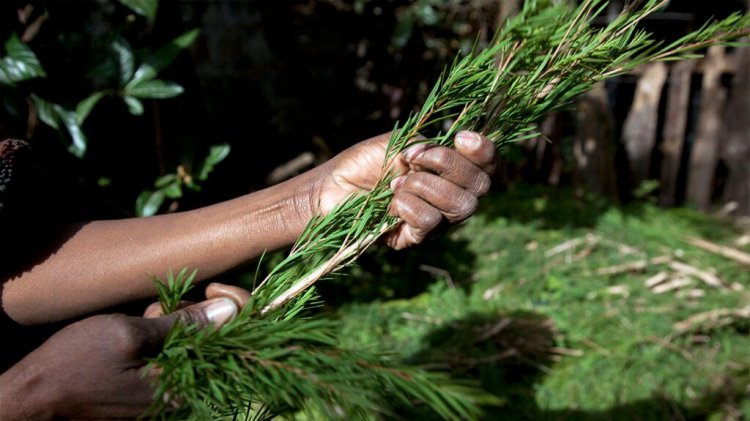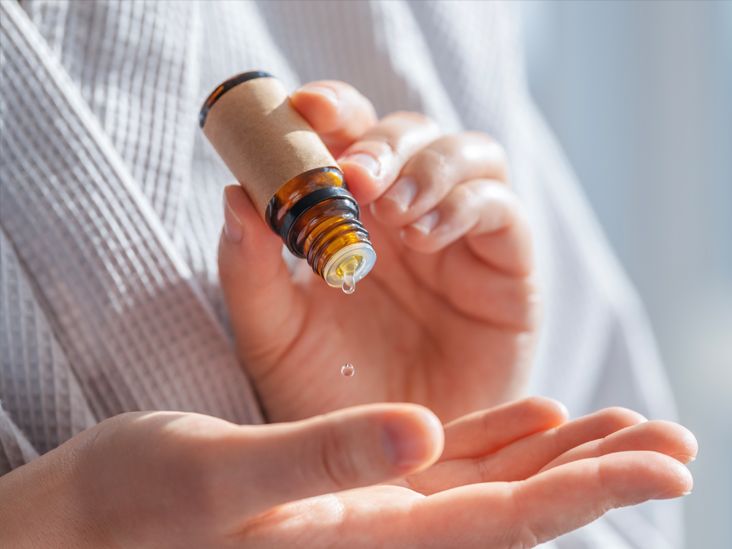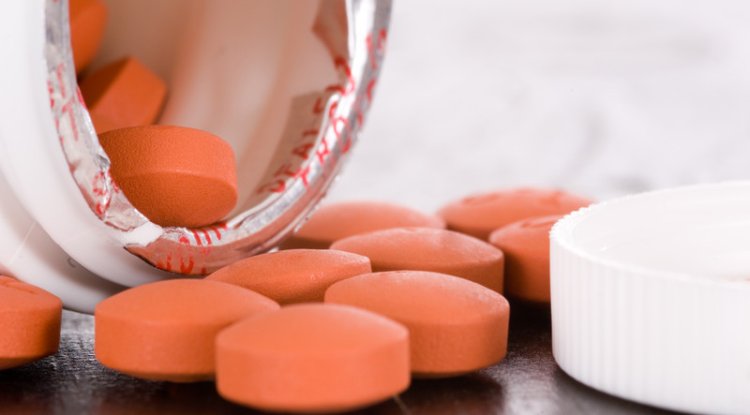Does Tea Tree Oil Actually Help with Athlete's Foot or Acne? What Common Sense and Science Have to Say
Tea tree oil has long occupied the top shelf in skincare aisles and bathroom cupboards for those attracted to the earthy allure of natural therapies. This essential oil, which has been used for millennia, offers promising antibacterial and antifungal properties straight from the Australian bush. Can it, however, really withstand recalcitrant outbreaks, itching toes, and crumbling nails? It is a complex science.

Instead of using hype, let us analyze it with subtlety.
Really, What Is Tea Tree Oil?
The leaves of the little Australian species Melaleuca alternifolia are used to make tea tree oil. With over 100 active ingredients, such as terpinen-4-ol (the antimicrobial activity's MVP), tea tree oil has gained recognition in contemporary beauty and wellness products ranging from dandruff shampoos to acne gels.
Both its pure essential form (100%) and its diluted form (5% to 15%) can be found in creams and cleansers. However, focus is important, and power is not necessarily a guarantee of success.
Is It True That Tea Tree Oil Can Help Treat Acne?

You have undoubtedly eyed a small bottle of tea tree oil if you have ever been seduced by the notion of a "natural" acne remedy. And with a little explanation.
By relaxing irritated skin and targeting the Cutibacterium acnes bacteria, tea tree oil may help treat mild acne, according to research.
There have even been some encouraging outcomes in human trials: fewer pimples, less redness, and most importantly, less side effects like the peeling and dryness that come with harsher therapies like benzoyl peroxide.
The problem is that not all studies concur. It is challenging to get definitive, universal results due to inconsistent techniques and small sample sizes. According to the American Academy of Dermatology's 2024 criteria, there is not enough evidence at this time to fully advocate it as a therapy of choice.
However, tea tree oil might be worth a try if you are searching for a kinder, more all-encompassing solution, particularly for moderate breakouts. Simply consider it a supporting actor rather than the main attraction.
Athlete's Foot: What About It?

Ah, athlete's foot—a fungal condition that flourishes in damp socks and locker rooms and causes itching, peeling, and embarrassment. It appears that tea tree oil might provide some respite.
In instance, compared to just 31% of patients receiving an inactive treatment, 64% of participants who used tea tree oil had an improvement in their infection.
Therefore, it is possible that nature is simply doing its part in this situation. Again, though, this does not imply that it is a panacea. In cases that are severe or persistent, a doctor's advice and perhaps a prescription antifungal are still necessary.
What about nail fungi?
where things become more hazy.
Tea tree oil has been shown in a 2024 lab study to be effective in killing specific fungi in a petri dish; nevertheless, what works in a lab may not work on your toenails. There is currently no solid proof that tea tree oil by itself can effectively combat nail fungus in practical applications.
How to Safely Use Tea Tree Oil

Even those of us who love the outdoors should take a moment to think about this.
Tea tree oil has a strong effect. Furthermore, overusing it might result in allergic reactions, skin irritation, or worse, even though it is usually harmless in low dosages. It should never be applied close to the eyes, ears, or mucous membranes, and even tiny doses can be harmful if consumed.
A few wise guidelines to abide by:
If utilizing the pure essential form, always dilute it with a carrier oil (such as coconut or jojoba).
To rule out sensitivity or an allergic reaction, perform a patch test first.

Unless your doctor has given the all-clear, avoid using it on children under the age of twelve, while pregnant, or if you have eczema or sensitive skin.
Keep it in a cool, dark location. Its components can be broken down and made more irritating by exposure to air and light.Rebecca Gaffney, "tea tree oil has intriguing anti-inflammatory potential." However, that does not imply that it is a miraculous fix. When used incorrectly or in excessive amounts, it might cause more harm than good.
It is a valid plant-based treatment with some solid, but sparse, scientific evidence. When used consistently and appropriately, it may relieve an athlete's foot, help with minor acne, and even promote nail health.
However, it cannot replace professional advice or clinical therapies. Furthermore, "natural" does not always imply safety or efficiency, even though it could feel nice to reach for something from the ground rather than the drugstore.
If you decide to try it, be prepared. Exercise caution. Above all, approach it like medicine rather than magic
What's Your Reaction?




















